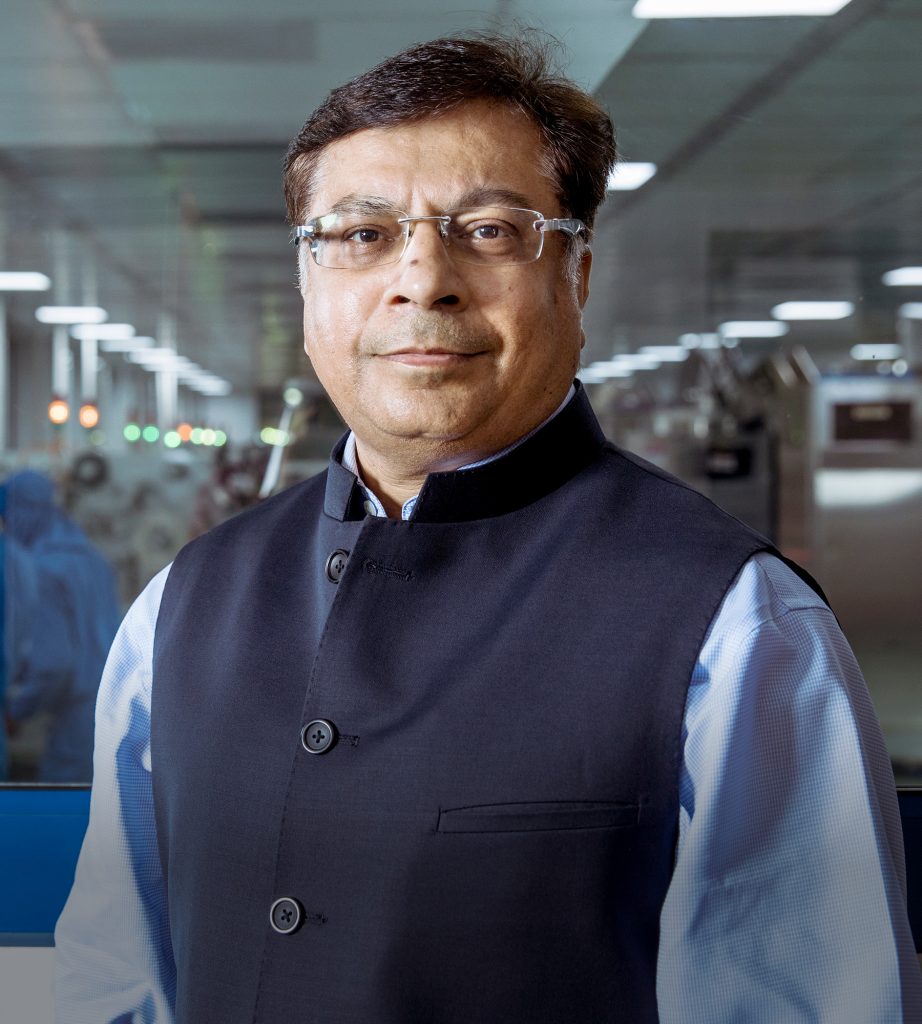How digital health is transforming entire continuum of care: by- Rajiv Misra, President, APAC, DayToDay Health (DTDHI)
India is at the cusp of a transformation to break the barriers of current and conventional health care delivery systems. Digital technology has emerged as a game-changer in this aspect. It creates an integrated health

India is at the cusp of a transformation to break the barriers of current and conventional health care delivery systems. Digital technology has emerged as a game-changer in this aspect. It creates an integrated health system that puts the patient at the center of all solutions to deliver accessible, comprehensive, high-quality, and affordable care. Essentially, digital health has been transforming the entire continuum of care. India has started building blocks to leverage the benefits of digital technology. Its key building blocks include standardized health registries, a unique patient Identity (ID), federated health records, interoperability, and automatic claim settlement engines. It has also inspired promising disruptions and increased the acceptability of digital healthcare solutions as a viable alternative to traditional healthcare delivery models.
Addressing each requirement of the patient journey is vital. Outcomes, experiences, expectations, and support are vital components in the context. Patient experience requires all of these components to be operating at their highest levels to be successful. However, there is a gap that exists in this system. Digital Health plays a critical role in bridging the gap which exists in these areas. To guarantee good patient outcomes, hospitals need to consider everything from what could have been done before the procedure, to how patient care was handled in the hospital, to what was done after, and so on. Digital health service providers have taken up the responsibility to provide assistance and care to patients during the entire process, far beyond the short amount of time that the doctor has available to explain the care journey to the patient. A case in point is DayToDay Health (DTDHI) which provides a ‘care coach’ team that does the aforementioned with their patients.
Digital health service providers can help patients and their families feel taken care of, even when there are no doctors around. During the COVID-19 crisis, DTDHI created a virtual healthcare system for the patients and it is a unique one-of-its-kind virtual healthcare system for COVID-19 patients. Remote healthcare reduces the stress on hospital facilities and the risks to front-line doctors, nurses, and healthcare professionals.
With an inadequate number of beds, many healthcare providers have started focusing more on how to install digital technologies for remote patient monitoring, such as telemonitoring, IoT, connected devices, and wearables. This helps enhance patient convenience and reduces healthcare costs for the provider.
Health-tech companies can help the patient receive support in the entire continuum of care- from initial preparation to ongoing care and rehabilitation after recovery. They create a customized communication plan for each patient that guides them through their needs and engages both- them and their caregivers every day, instead of only checking in on symptoms during scheduled visits. Thus, digital health takes into consideration the entire continuum of care. India is poised to witness a transformation in the healthcare delivery system with higher adoption of digital health. And health tech companies are expected to drive the consumerism of healthcare with higher patient engagement.






